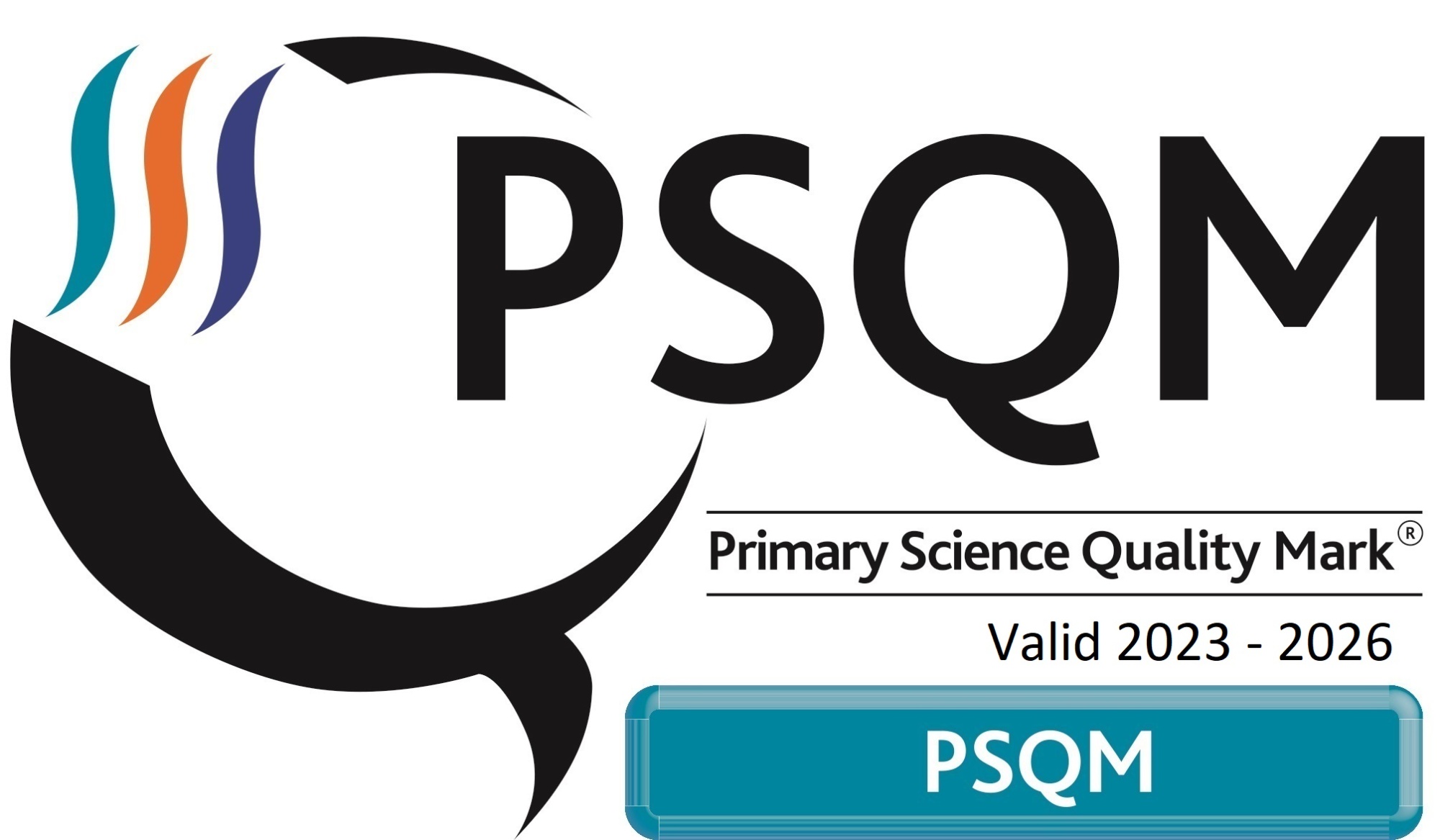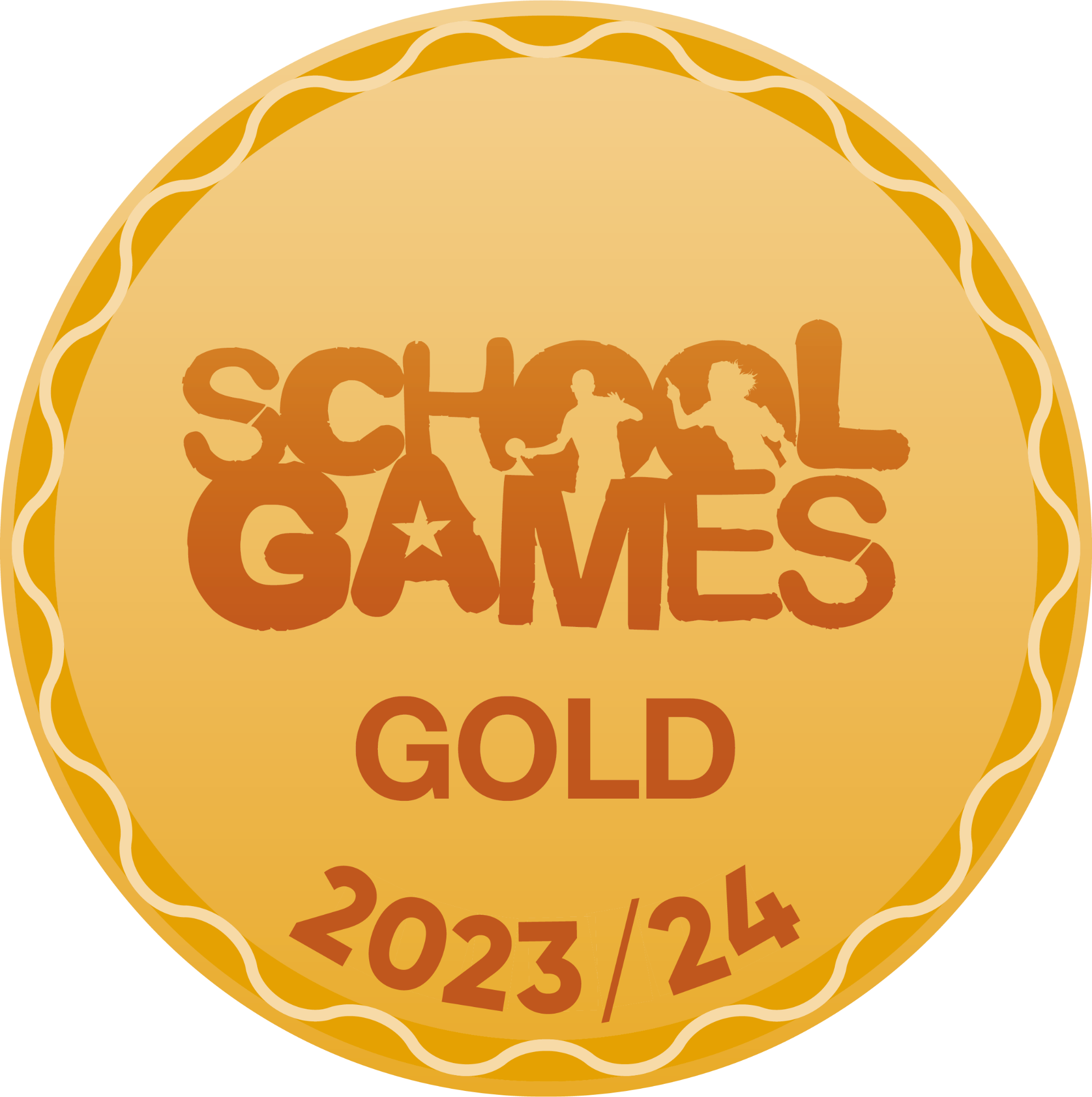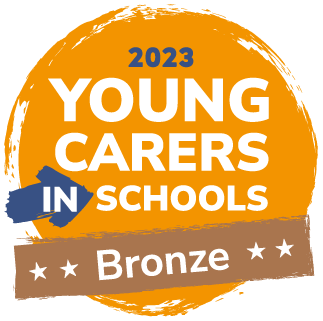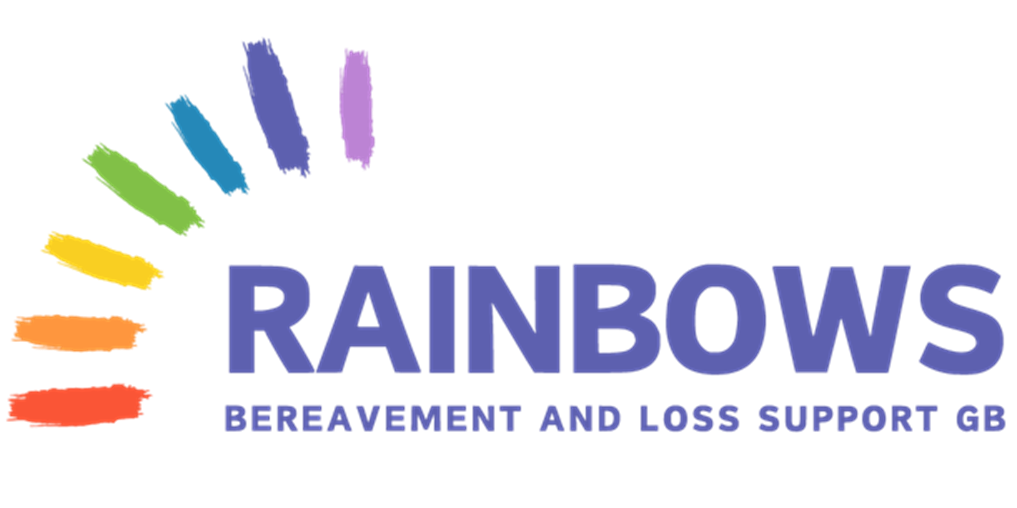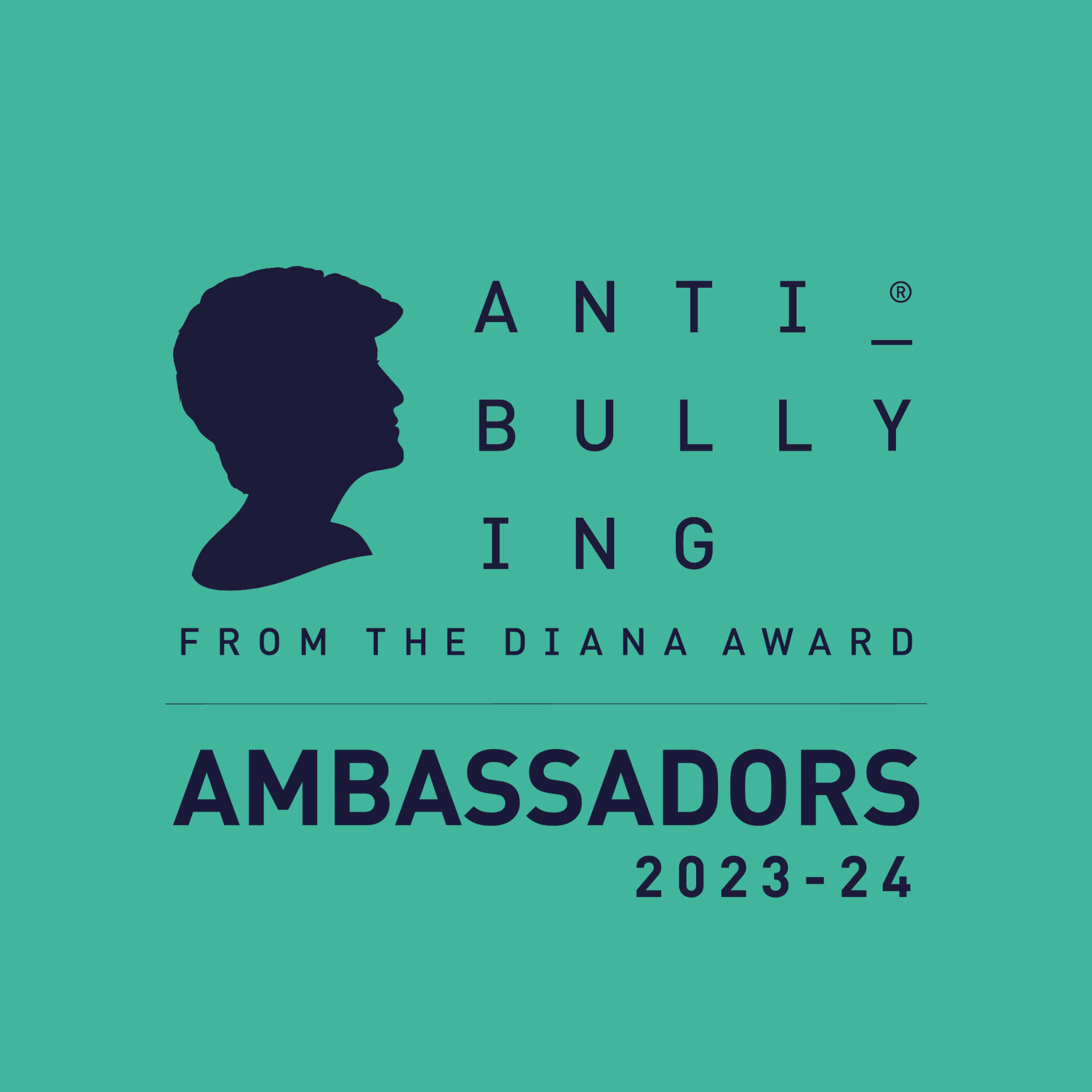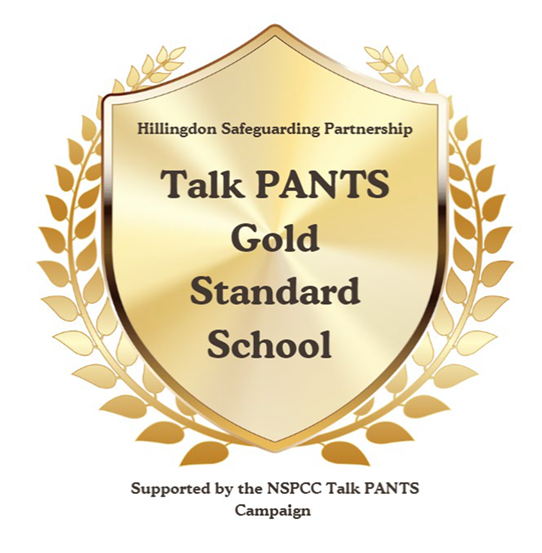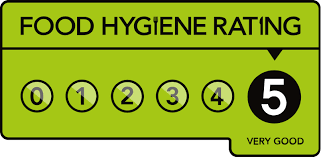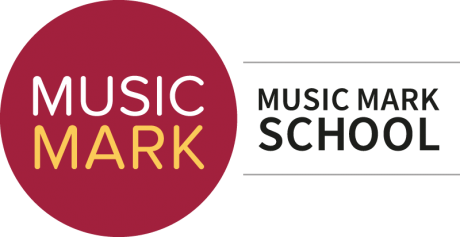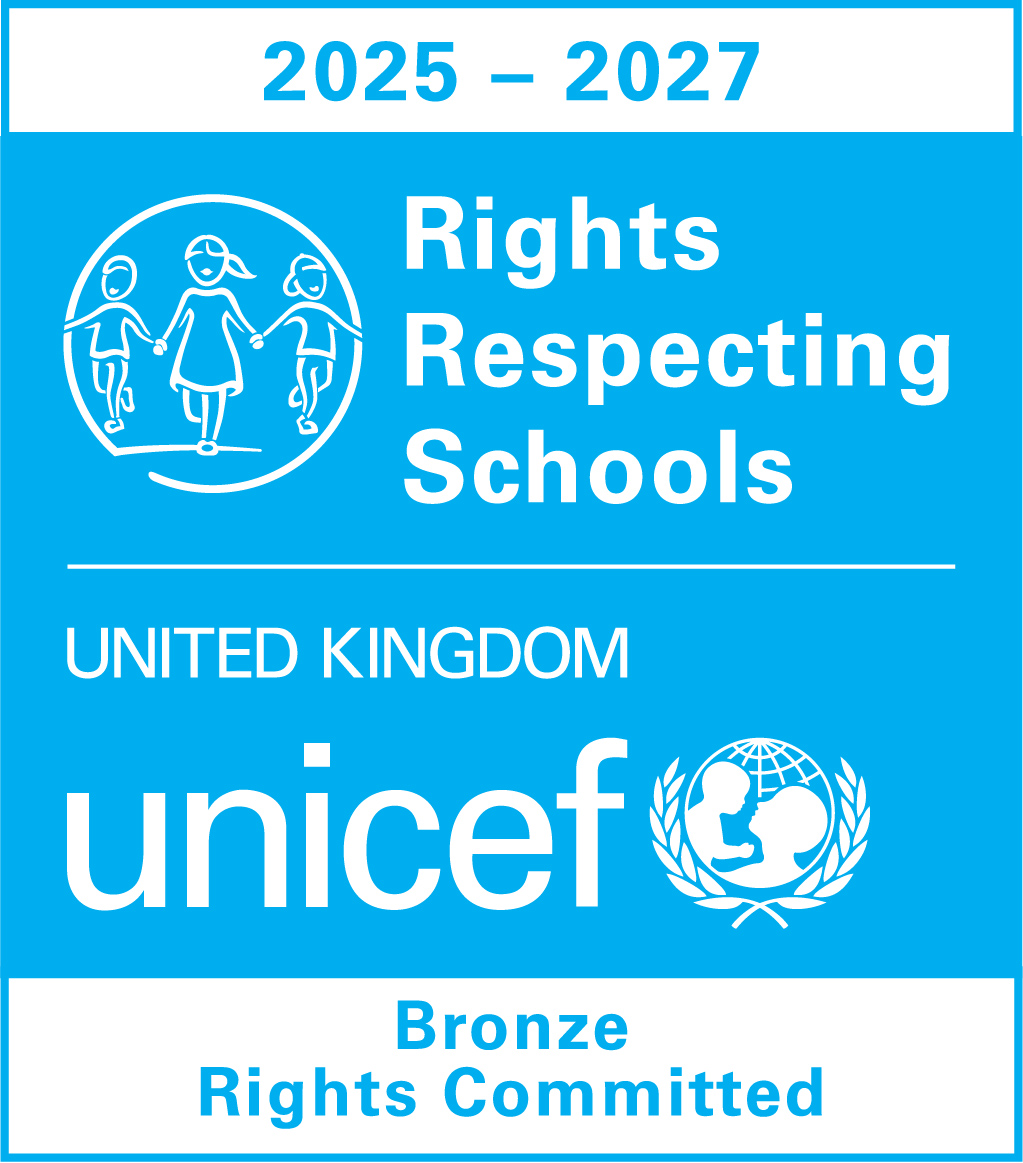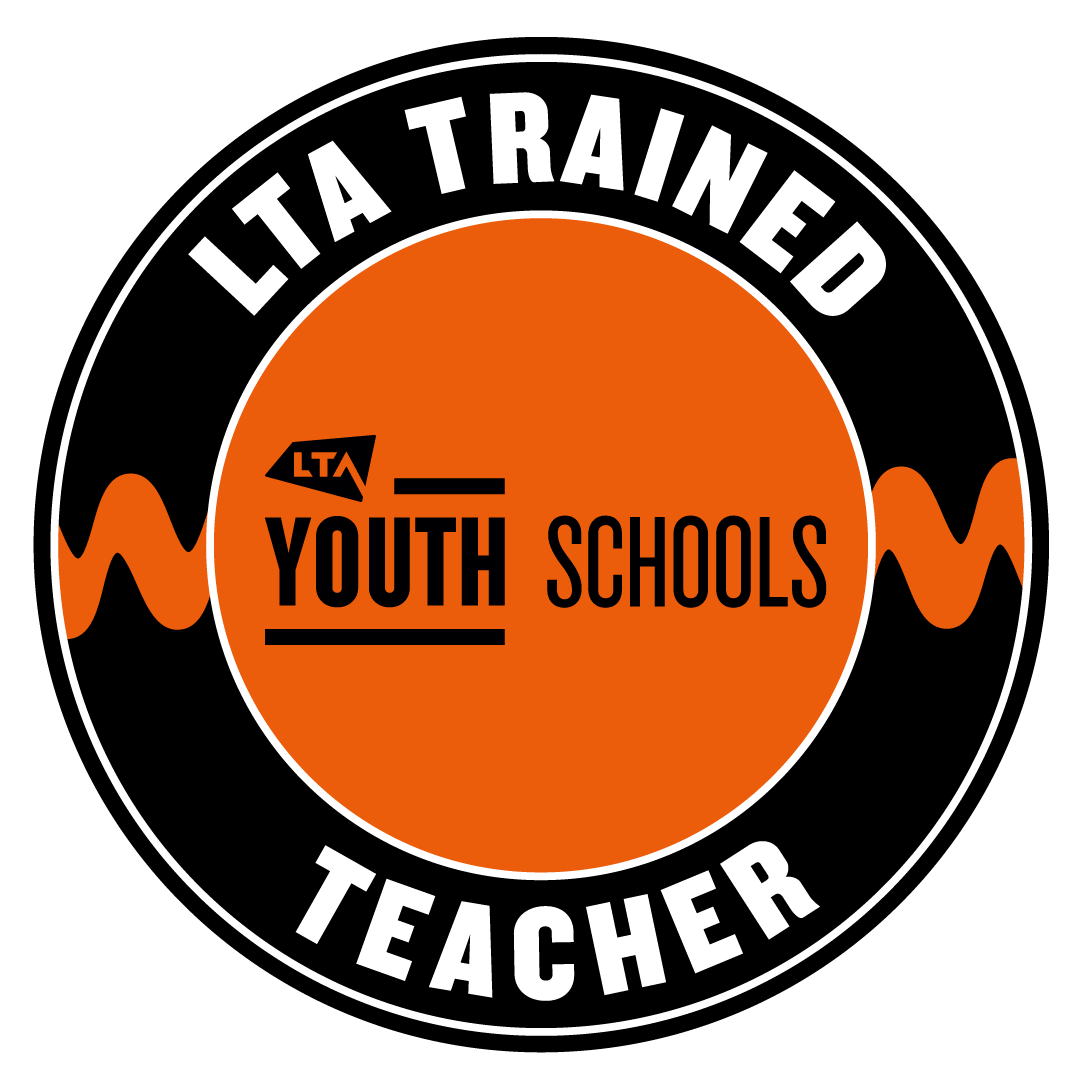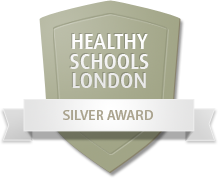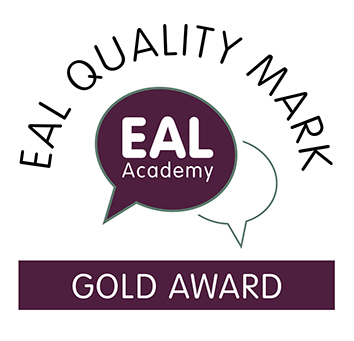French
Intent
French teaching at William Byrd Primary Academy aims to develop a love of language-learning and an appreciation of other cultures in the world, which sets the children on a journey to further language-learning at secondary school and beyond as well as an appreciation of the importance of language learning in the context of inter-cultural understanding, travel and employment in a global economy.
We want the children to leave William Byrd with a range of skills as language-learners, such as knowledge of how to use cognates to understand unknown vocabulary and how to use a bilingual dictionary. We want children at William Byrd to leave with a good grasp of age-appropriate grammatical concepts as well as a good grounding in phonics and a bank of key vocabulary, which is regularly revisited to ensure retention. At William Byrd, we seek to give the children the confidence to speak, listen, read and write in French, as well as an understanding of French culture, and also a sense of French as a global language and an appreciation of the diversity of the French-speaking world. We do this through learning about cultural and sporting events in France and in the French speaking world, such as the Tour de France and La Fête des Rois. We also offer an enrichment trip to France for Year 5 pupils.
Implementation
In Key Stage 2, children have 30 minutes of French learning each week, taught by a subject specialist who is a native speaker. The William Byrd French curriculum is adapted from the Rising Stars French curriculum and is aligned to the National Curriculum languages programmes of study document 2014 for Key Stage 2. The William Byrd French curriculum sets out the units that should be covered in each year, but we do not move on to subsequent units until we are confident that children have grasped the key learning points from previous units. Within each year, the units have been sequenced in such a way that the substantive knowledge and skills progresses from one to the next. All lesson plans are based on our ‘WB4’ key Rosenshine principles and reflect best practice. Formative assessment is used to tailor lessons around our children and help plan for subsequent sequences of lessons.
Impact
Our French Curriculum is high quality and is planned to demonstrate progression.
We measure the impact of our curriculum through the following methods:
- Tracking of knowledge in French exercise books
- Tracking of knowledge in end of unit challenges
- Performance of children in oral activities in class
As well as the demonstrable tangible impacts of our teaching on the children’s French learning, we as language teachers at William Byrd are aware that research shows that learning a second language boosts problem-solving, critical-thinking, and listening skills, in addition to improving memory, concentration, and the ability to multitask. The impact of language learning at William Byrd will therefore be felt across the curriculum.
|
French Curriculum Overview |
||||
|
Year 3 |
Year 4 | Year 5 | Year 6 | |
| Autumn 1 |
Unit 1 |
Unit 1 On y va! (All aboard!) |
Unit 1 Bon appétit, bonne santé (Healthy eating) |
Unit 1 Notre école (Our school) |
| Autumn 2 |
Unit 2 |
Unit 2 L’argent de poche (Pocket money) |
Unit 2 Je Sufis le musicien (I am the music man) |
Unit 2 Notre monde (The world around us) |
| Spring 1 | Unit 3 On fait la fête (Celebrations) |
Unit 3 Raconte-moi une histoire! (Tell me a story!) |
Unit 3 En route pour l’école (On the way to school) |
Unit 3 Le passé et le présent (Then and now) |
| Spring 2 |
Unit 4 |
Unit 4 Vive le sport! (Our sporting lives) |
Unit 4 Scène de plage (Beach scene) |
Unit 4 Ici et là (Out and about) |
| Summer 1 |
Unit 5 |
Unit 5 Le Carnaval des Animaux (The Carnival of the Animals) |
Unit 5 Le Retour du Printemps (The Return of Spring) |
Unit 5 Monter un café (Setting up a café) |
| Summer 2 | Unit 6 Ça pousse! (Growing things) |
Unit 6 Quel fait-il? (What’s the weather like?) | Unit 6 Les planètes (The planets) |
Unit 6 Quoi de neuf? (What’s in the news?) |



